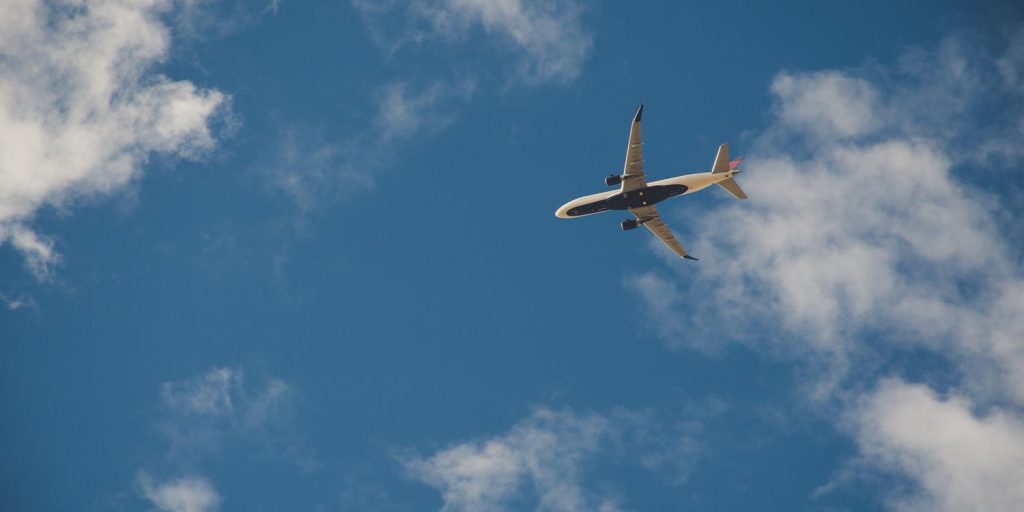
How Much Value is There in Value Airlines?
Talking about air travel with a grandparent can sometimes generate a classic “back in my day…” type of story. Or watch an episode of ‘Mad Men’ to get a feel for the golden age of air travel. Luxurious seating, full meals, bottomless drinks, there’s a pretty picture painted of business travel in those times.
But, like all things, times change. Sometimes for the better, and sometimes for worse. For airlines, with the deregulation of airlines and changing economy, budget airlines started to emerge in the 1980s. Like their name suggests, budget airlines can deliver on cheap tickets, but usually at the loss of other perks. Limited in-flight amenities, baggage check, and more are just a few of the operational costs these airlines push on to passengers. Which begs the question: exactly how much value do value airlines really present?
How Value Airlines Work
Running an airline isn’t cheap. Planes themselves--and their maintenance and fuel--make up most of the budget, and of course pilots and air hosts don’t work for free either. While these seem like fairly non-negotiable costs, value airlines have ingenious workarounds.
For example, most budget airlines use aggressive fuel hedging strategies to save money on fuel. Fuel hedging, according to HowStuffWorks, is when “... an airline thinks that the cost of fuel is going to rise in the future, they can sign contracts locking in the current price for months or even years. If fuel prices double in 12 months, the airline would be buying fuel at last year's cheaper rate. However, if prices drop, the airline is stuck paying their "locked in" higher rate.”
Budget airlines also do things like only use one type of airplane (lower overhead to maintain supplies and fix one kind of plane) and utilize smaller, less demand airports. But one of the biggest ways in which they save money is in their passenger treatment.
Most value airlines only have single class seating--so no first or business class--and, to avoid costly booking tools, don’t assign seats until passengers check in or on a first-come, first-served basis. Along with that, they also tend to have less room for carry-ons in overhead compartments, making it highly likely that many passengers will still need to check their baggage. Sometimes incurring surcharges to boot. And, like we mentioned above, most do not offer passengers any kind of amenities onboard - no free movies, food, drinks, etc.
Put Your Money Where It Matters
While the phrase “budget airline” might make some people worry about safety, statistics show that these airlines are no less safe than any other. Their cost-saving measures aren’t going to cause crashes or engine failure of any kind. However, they do offer a range of inconveniences to travelers. When on the move for business, it’s important to have a smooth travel experience to reduce stress and friction. Dealing with last minute boarding changes, navigating small airports, and the lack of passenger amenities can make for a stressful trip.
At Carrousel, we believe in leveraging our relationships and expertise to get you the best deal and provide the best value...without sacrificing anything else. When you’re ready to really invest in your employees’ safety and security, contact us!
